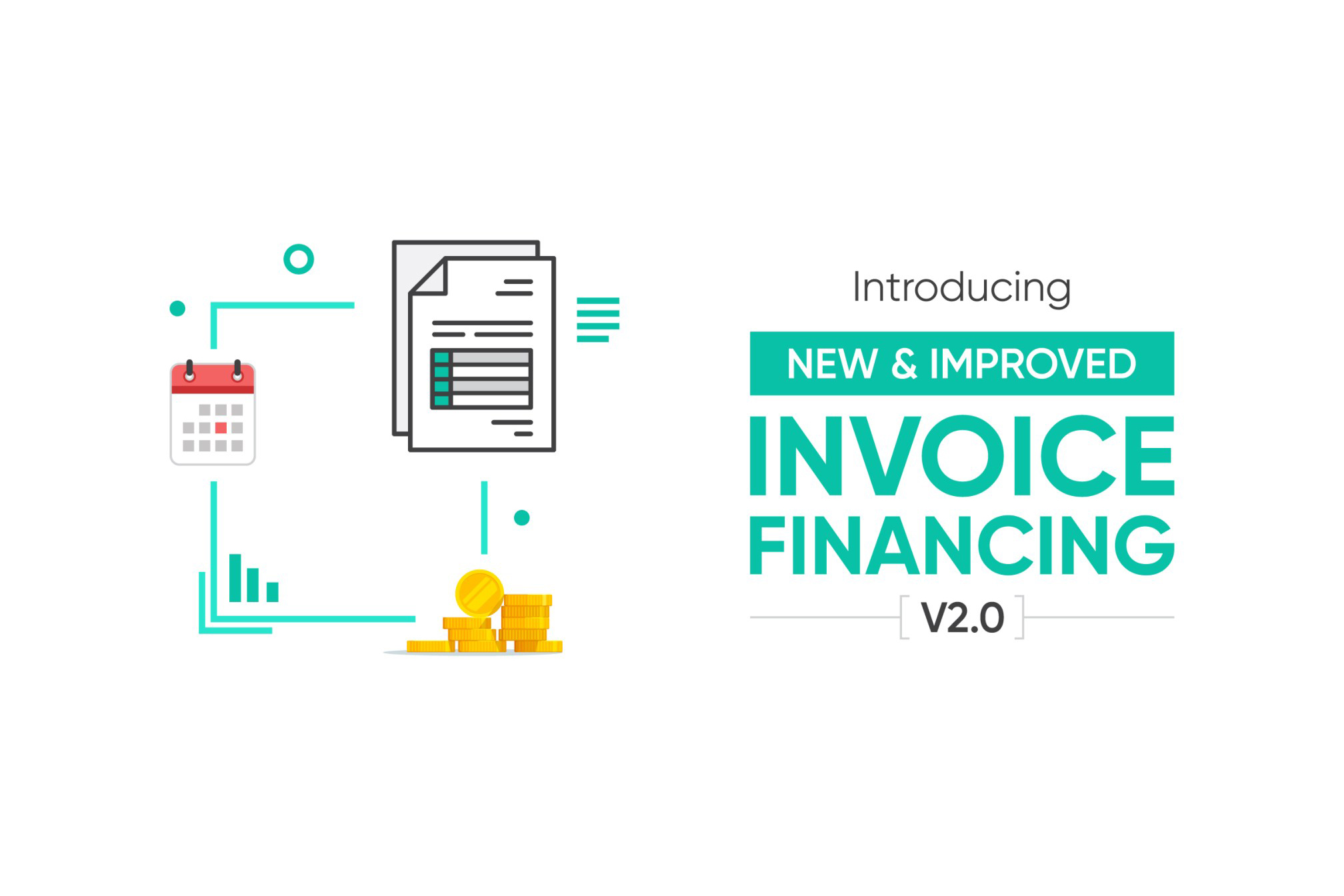Business loans are essential for many companies, providing them with the financial resources to start, grow, and sustain their operations. Whether for working capital, expansion projects, or equipment acquisition, having access to the right loan can make all the difference for a business's success. However, finding the best loan for a business can be daunting, as the market is crowded with various options, each with its own set of terms and conditions. Therefore, it is essential for business owners to understand the different types of loans available, the factors that affect their terms, and how they can secure the best loan to meet their needs.
This guide will provide an overview of the different types of business loans, the factors to consider when choosing the right loan, and what to expect in the current lending market. Additionally, we will list the ten best business loans for 2023 in Malaysia based on interest rates, loan amounts, and other important factors for business. With this guide, business owners can make informed decisions and secure the best loan to help their business succeed.
Types of Business Loans
With so many different types of business loans available in the market, it can be overwhelming for small business owners and entrepreneurs to navigate the options and choose the best fit for their needs. However, certain types of loans have become more popular among small businesses and entrepreneurs due to their accessibility, flexibility, and suitability for specific business needs. Here are 10 of the most common types of business loans:
1. Overdraft
A loan that allows businesses to withdraw more than their current account balance up to an approved limit.
2. Term Loan
A loan is granted fixedly, typically used for asset acquisition, and repaid monthly.
3. Revolving Credit
A loan suitable for short-term working capital funding, allowing flexible withdrawal of funds and the option to pay back through monthly installments or partial repayment of the principal amount.
4. Lines of credit
A flexible loan option where the borrower can draw on an approved credit limit as needed.
5. Equipment financing
A loan option is used to finance the purchase of equipment for a business.
6. Invoice financing
A loan option is where a business borrows money based on the value of its outstanding invoices.
7. SBA loans
Government-backed loans are provided through the Small Business Administration.
8. Microloans
Small, short-term loans designed for small businesses and entrepreneurs.
9. Bridging Loan
A flexible loan option meets business needs and the owner's cash flow requirements and is often used for housing or mixed-development projects.
10. Fixed Loan
A loan is similar to a term loan, granted for an agreed period with periodic payments that include interest charges.
When choosing a business loan, it's essential for business owners to evaluate their specific needs and compare the terms and conditions of the available options. Factors such as interest rates, repayment terms, fees, and qualifications should be considered to determine which loan best fits their needs. The impact on credit score, cash flow, and overall cost should also be considered. It's advisable to understand each loan option's potential risks and benefits and consult with a financial advisor or loan specialist before making a final decision.
When evaluating different loan options, the effective interest rate, also known as the annual percentage rate (APR), is an important factor to consider. It represents the total cost of borrowing over the loan term, including interest rate, fees, and other charges. This allows for a more accurate comparison of the cost of different loan options, as it considers the entire cost of borrowing and not just the interest rate. Business owners should compare the effective interest rate of different loan options and select the one that offers the most affordable overall cost.
Business owners should consider how the loan will affect their future financial situation, such as their cash flow and credit score, and how the loan will help them achieve their business goals. It would be better to specify what they should expect for the business's future, such as increased cash flow, the ability to expand operations, or the purchase of equipment.
Here are some important points for your consideration:
Eligibility requirements
Different types of loans have different eligibility requirements. Business owners should expect to provide financial statements, business plans, and other documentation to prove the creditworthiness of their business.
Credit check
Business owners should expect to undergo a credit check, which will be used to determine the creditworthiness of the business and the owner(s).
Collateral
Some loan options may require collateral, such as property, equipment, or inventory. Business owners should expect to use assets as collateral to secure the loan.
Repayment terms
Business owners should expect to make regular monthly payments to repay the loan. They should also expect to pay interest on the loan.
Time to funding
Business owners should expect that applying for a loan and receiving funding can take several weeks or even months, depending on the type of loan and lender.
Cost
Business owners should expect to pay interest and fees on loans, which can vary depending on the type of loan and lender. They should also expect to pay closing costs and other expenses associated with the loan.
Ongoing relationship
Business owners should expect an ongoing relationship with their lenders, which may include regular reports and meetings to discuss the business's performance.
Risk of default
Business owners should expect to bear the risk of default, which means that if they cannot repay the loan, their assets may be seized, or the lender may take other actions.
Again, business owners need to weigh all the pros and cons of loan options and choose the one that best fits the needs of their business. As an additional resource, I have provided a list of local financial service providers that offer business financing solutions to serve as a starting point for your research.
- Commercial bank (e.g. UOB Malaysia)
- Financial services company (e.g. Capital by Boost Credit)
- Development financial institution (e.g. SME Bank)
- Islamic bank (e.g. Bank Rakyat Skim Pembiayaan Mikro-i MUsk)
- Other: Funding/Grants from the government
At the same time, please note that each institution offers different pros and cons, and the list serves as a reference only. Considering all the above points is crucial to identify the best loan for your business needs. By considering factors such as interest rates, repayment terms, fees, qualifications, and the impact on credit score and cash flow, you can determine which loan option is the most suitable for your business in 2023.
References:
Best Business Loans
https://ringgitplus.com/en/business-loan/
Definition of Business Loans
https://smallbusiness.chron.com/definition-business-loans-1902.html
What Are Business Loans? (+Which Type Is Right for Your Business)
https://learn.g2.com/business-loans
How Do Business Loans Work?
https://www.forbes.com/advisor/business-loans/how-do-business-loans-work/





